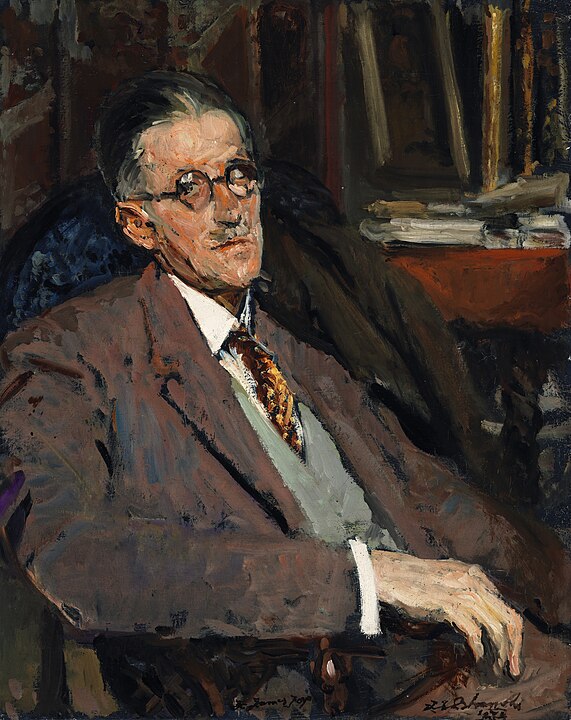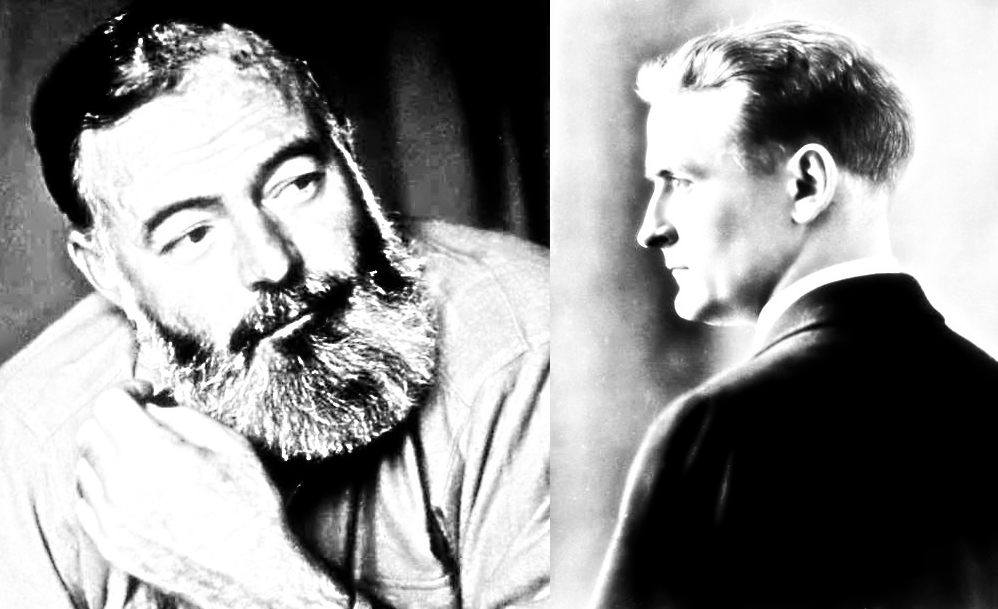Our Literary Quote comes from Baroness Orczy, author of The Scarlet Pimpernel. Her quote addresses a myriad of different relationships in a writer’s life from nostalgia to moments in writing exploration that stand out; additionally, our quote addresses past passions and present responsibilities and the timelessness of literary creations.
Today’s post will address all of these topics and will conclude with the overall takeaways.
Exploring Baroness Orczy’s Timeless World
Baroness Emma Orczy, a prolific author known for her historical novels, including the classic The Scarlet Pimpernel, left an indelible mark on literature. Her quote, “The present is not so glorious but that I should wish to dwell a little in the past,” provides a poignant glimpse into her mindset, offering a doorway into the intricate dance between past and present within her works.
Baroness Orczy: A Brief Biography
Baroness Emma Orczy, a Hungarian-born British novelist and playwright, gained fame for her captivating historical fiction. Born in 1865, Orczy’s writing often delved into the past, creating vivid narratives that transported readers to different eras. “The Scarlet Pimpernel,” published in 1905, stands as a testament to Orczy’s ability to seamlessly blend history with fiction, captivating audiences with her tales of heroism and intrigue.
Drawing Inspiration from the Past
In The Scarlet Pimpernel, Orczy masterfully draws from historical events to craft a narrative that resonates with readers. The daring rescues orchestrated by the enigmatic Scarlet Pimpernel himself are exemplary instances. As the Pimpernel outwits his adversaries during the French Revolution, Orczy’s meticulous attention to historical detail not only adds authenticity to the story but also showcases her dedication to bringing the past to life through her characters.
Timeless Narratives
Sir Percy Blakeney, the alter ego of the Scarlet Pimpernel, stands as a timeless character in literature. His dual identity, that of a seemingly foppish English aristocrat and a courageous rescuer, reflects Orczy’s nuanced approach to character development. By infusing Sir Percy with traits that resonate across time, Orczy ensures that her narrative remains relevant and engaging, transcending the historical setting in which it unfolds.
Escapism in History
Orczy’s inclination to dwell in the past is not merely a narrative choice but a form of escapism for both characters and readers. In “The Scarlet Pimpernel,” the late 18th-century setting becomes a refuge from the complexities of the present. Orczy’s ability to create a world where honor and bravery triumph over adversity offers readers a temporary escape, underscoring the therapeutic nature of historical fiction.
Balancing Past and Present
For writers inspired by Orczy’s approach, striking a balance between embracing the present and cherishing historical fascination is key. Thorough research, drawing parallels between historical events and contemporary issues, and allowing characters to evolve in a way that reflects both their time and universal human experiences are practical tips. By infusing narratives with the essence of the past, writers can create stories that resonate with readers across time.
Conclusion
As we reflect on Baroness Orczy’s timeless exploration of the past, I invite you to share your thoughts on the interplay between past and present in writing. How do you approach weaving historical elements into your narratives, and what significance does the past hold in your creative process? Engage with fellow readers and writers, fostering a dialogue that celebrates the enduring allure of storytelling across the ages.








Leave a Reply